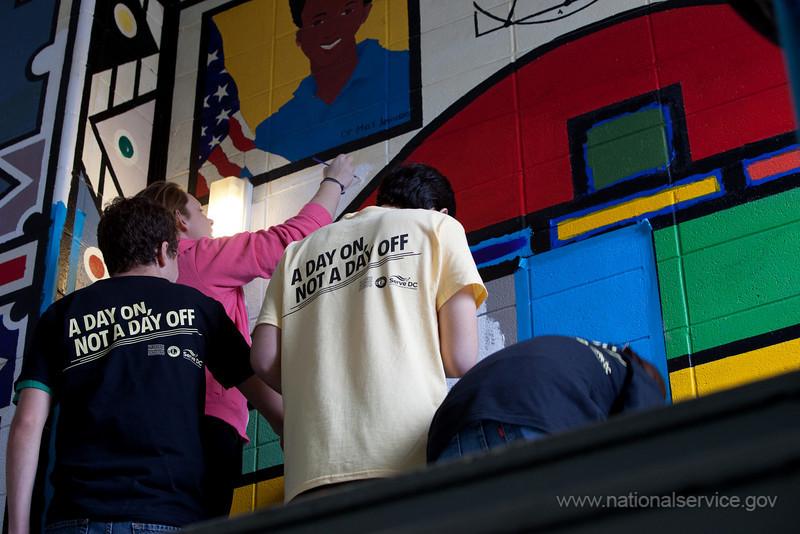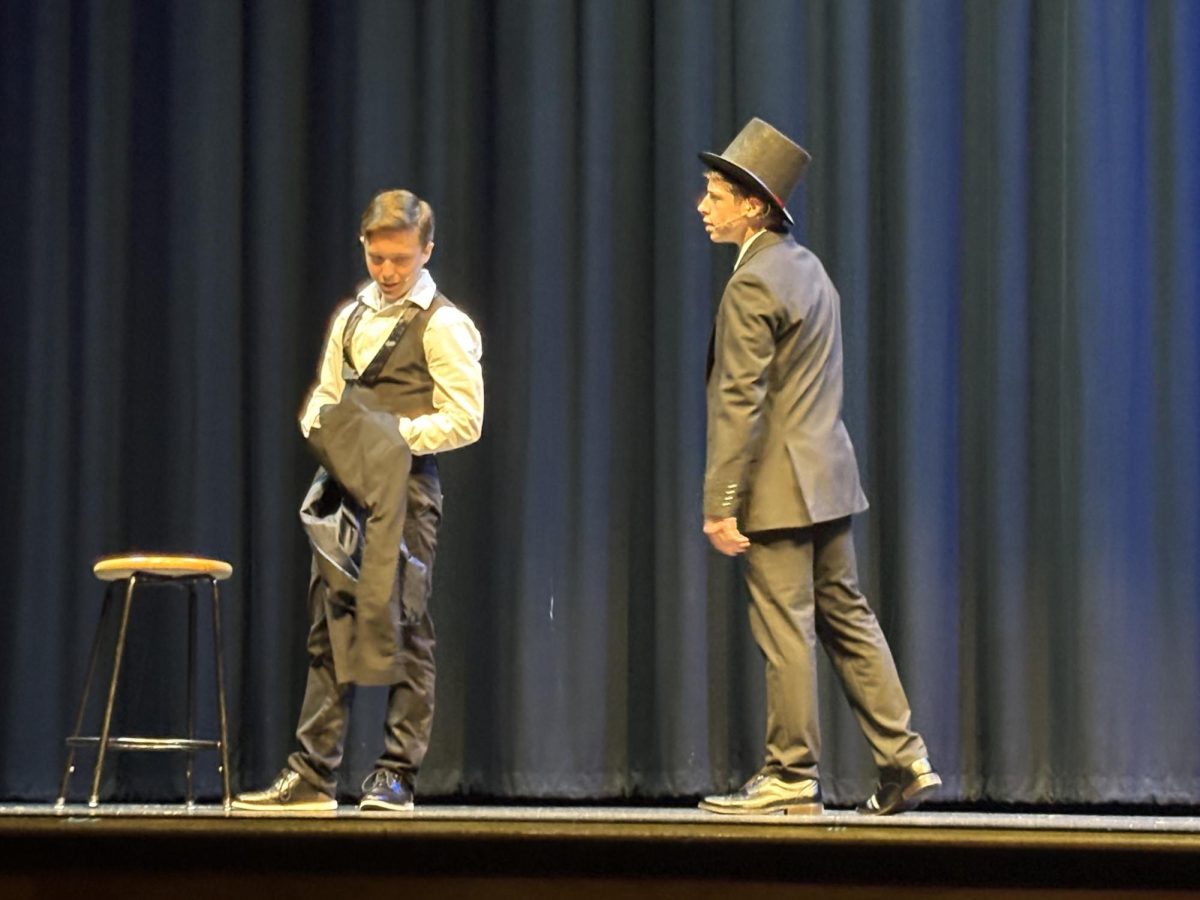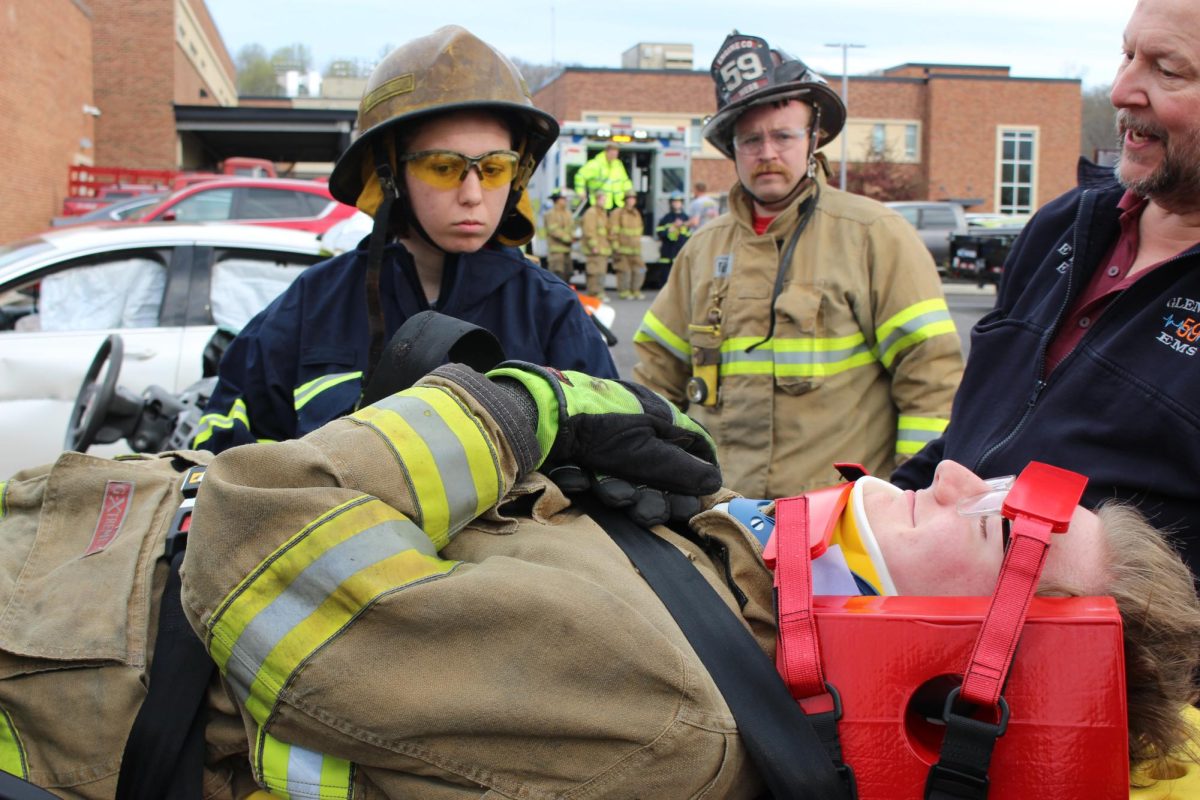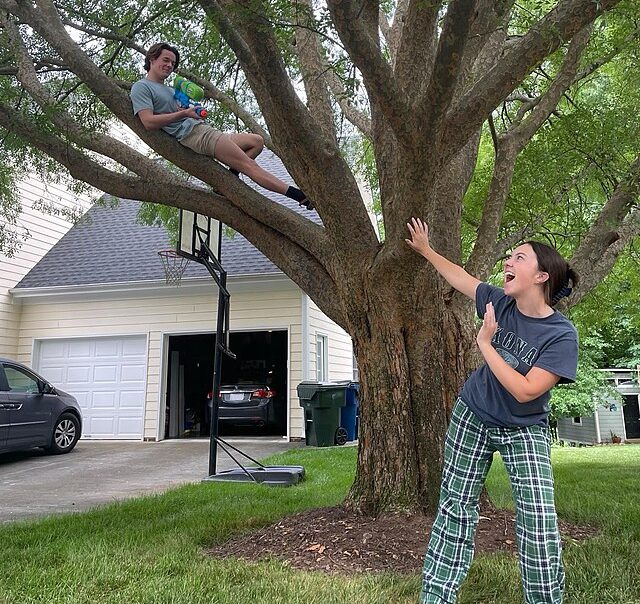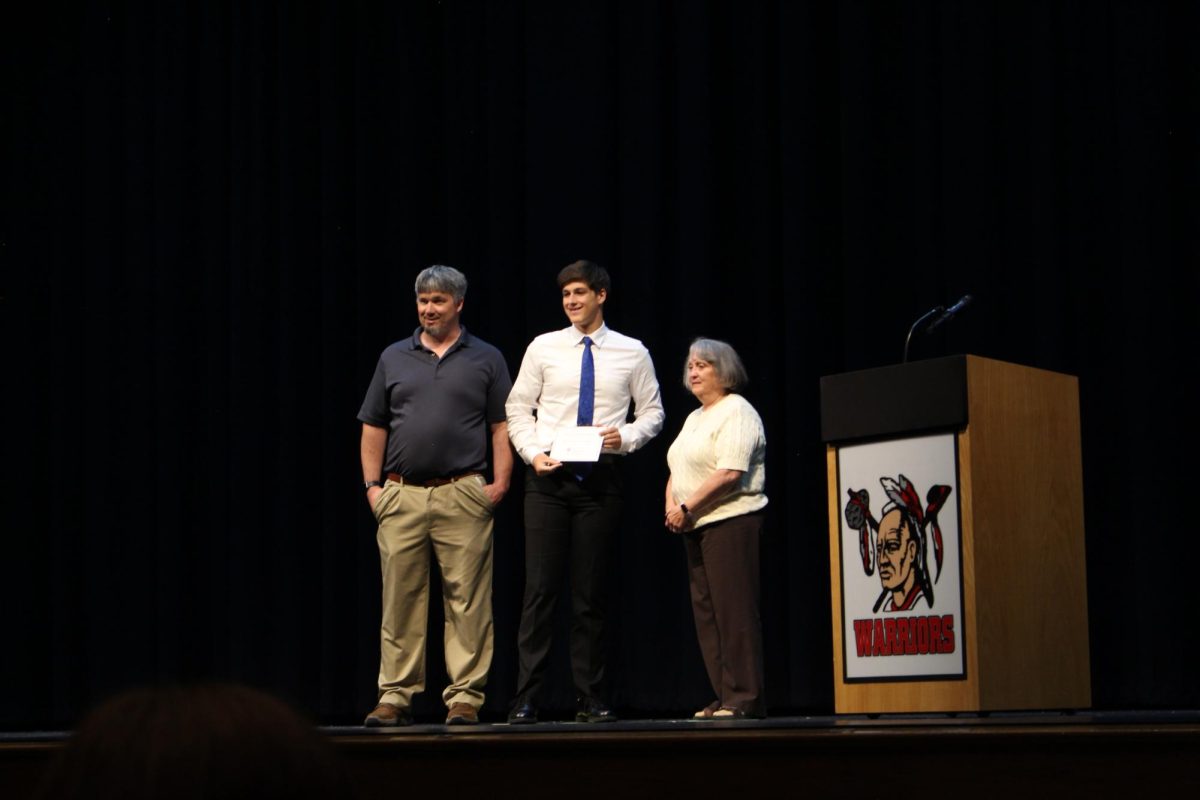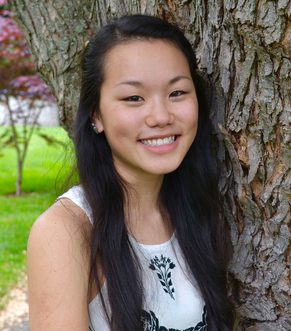Americans across the country embraced peace in honor of Martin Luther King Jr. on Monday, January 20.
True to Dr. King’s plea for helping others, many Americans dedicated Monday to a day of service and volunteering. On MLKDay.gov, people created and joined service projects for not only MLK day, but also year round. In Washington, D.C. on the National Mall, thousands collaborated in volunteer work, such as writing thank you letters to veterans, creating environmentally friendly energy sources and teaching Cardiopulmonary Resuscitation, or CPR.
Alongside all of the service work for MLK day, The King Center released the #ChooseNonviolence campaign prior to the day, which promoted Dr. King’s beliefs in peace, non-violence and the improvement of the nation’s overall well-being. People took part in a variety of events ranging from planning non-violent protests to engaging in discussions with different speakers. Even more so, their 100 Days of Non-violence event began January 15 and lasts until April 24. Participants in this event can access specific readings, quotes and activities each day to advocate peace.
King’s legacy and influence has not gone unnoticed. History teacher Kirsten Hamilla recognizes Dr. King’s monumental impact on civil rights, making him stand out as such a prominent figure in the both the Civil Rights Movement and other groups’ fights for equality.
“He started off kind of small just doing some speeches in a church,” said Hamilla. “It eventually grew to his march on Washington where hundreds of thousands of people showed up to support what he believed in. Equality in the U.S. today would not be what it is without him or his followers.”
Born into Christianity, Dr. King first established himself as a major figure in religion. Combining insight from both his Christian upbringing and Gandhi based beliefs, Dr. King became a major civil rights leader after heading the Southern Christian Leadership Conference, or SCLC, the Montgomery bus boycott and numerous nonviolent protests throughout the South. Perhaps Dr. King’s most influential contributions were his involvement in the March on Washington and his “I Have a Dream” speech.
Senior Tyler Chin commemorates Dr. King on his achievements toward civil rights for African Americans.
“He ended segregation and did it without violence,” Chin said. “He had a tremendous impact with his words and followers and is one of the greatest speakers and civil rights leaders of all time.”
Beyond his accomplishments in the Civil Rights Movement, Dr. King later joined the “Poor Peoples Campaign” to challenge the Vietnam war and further push his peaceful beliefs.
Sophomore Ashley Cox recognizes the extent of Dr. King’s accomplishments.
“He has done a wonderful thing for us to get back to following the Constitution and the Declaration of Independence,” said Cox.
Dr King’s significant impact on the course of civil rights history should be remembered and celebrated not only on Martin Luther King, Jr. Day, but also year round.



